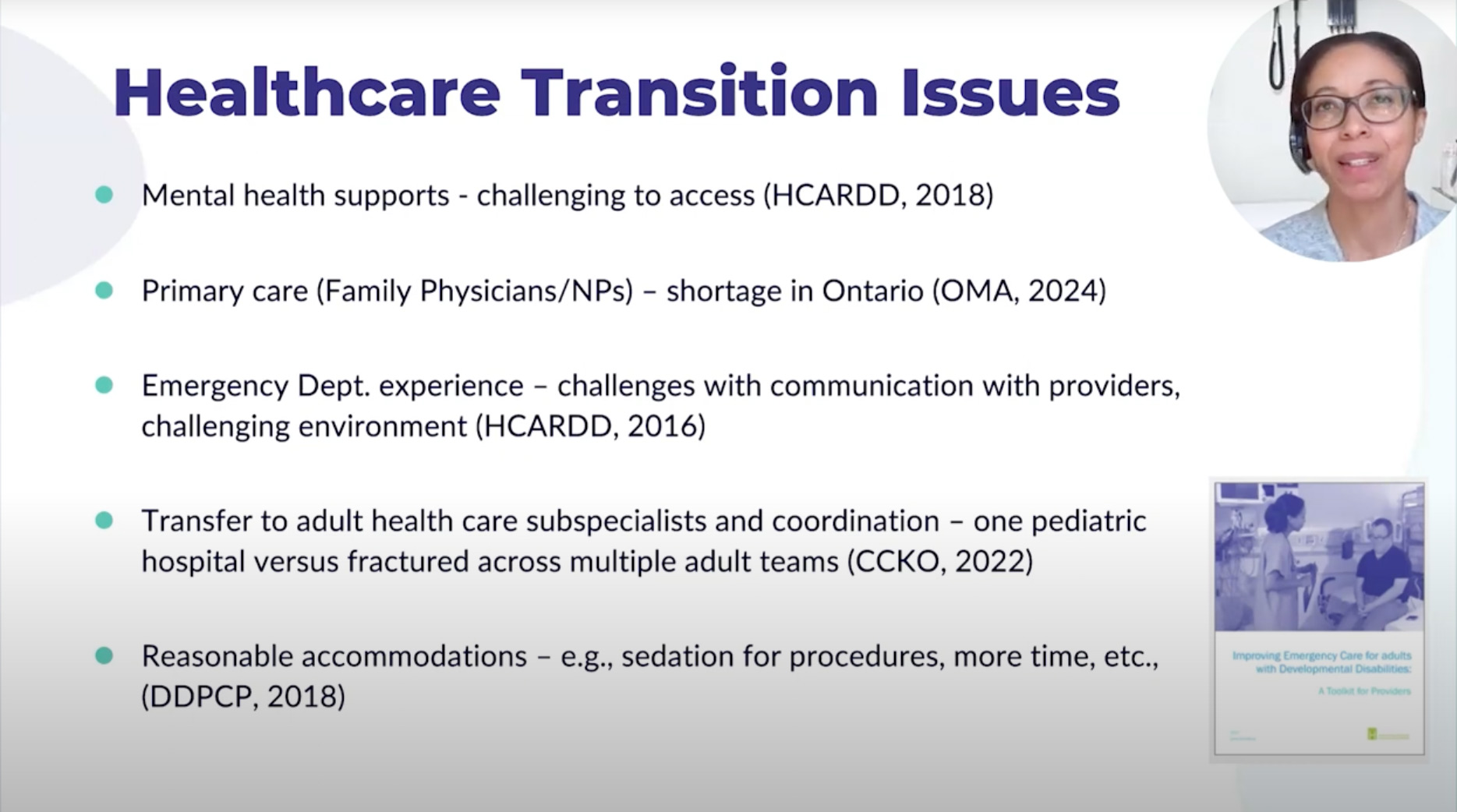 Play video
Play video
Since 2011, Respecting Rights has provided innovative, accessible rights education to persons labeled with intellectual disabilities
PRESENTER: Jessica Field Education and Outreach Coordinator and a member from the Respecting Rights self-advocate team.
Respecting Rights is a project at ARCH Disability Law Centre that is led by self-advocates labeled with intellectual disabilities. Since 2011, Respecting Rights has provided innovative, accessible rights education to persons labeled with intellectual disabilities and their support networks across Ontario. Respecting Rights also works on accessible law reform projects. Our work builds the capacity of persons labeled with intellectual disabilities through education and support for self-advocacy.
Respecting Rights hosts monthly and quarterly self-advocates meetings, and collaborates with Developmental Service agencies to offer legal rights education workshops to the people they support. Webinar participants will have an opportunity to learn about the work that Respecting Rights does, why this work is important, and how the people they support can become involved.
Recorded at the Shared Learning Forum – February 23, 2024
Download a PDF of the presentation






